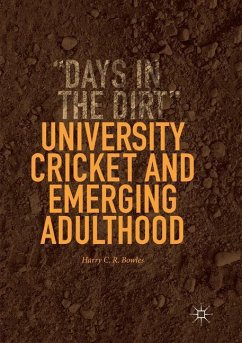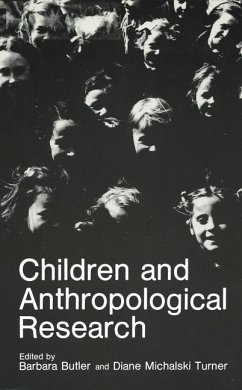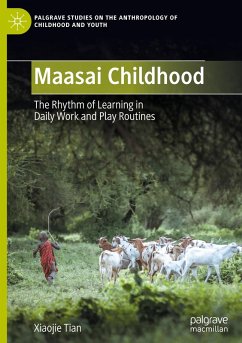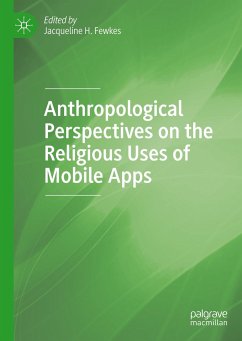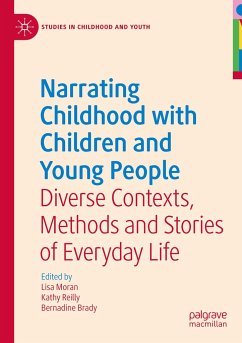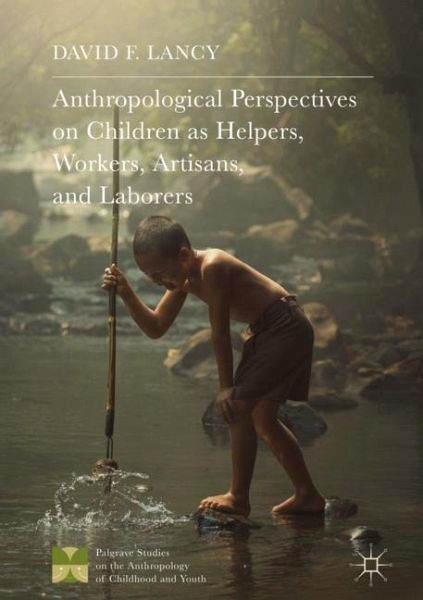
Anthropological Perspectives on Children as Helpers, Workers, Artisans, and Laborers

PAYBACK Punkte
57 °P sammeln!
The study of childhood in academia has been dominated by a mono-cultural or WEIRD (Western, educated, industrialized, rich, and democratic) perspective. Within the field of anthropology, however, a contrasting and more varied view is emerging. While the phenomenon of children as workers is ephemeral in WEIRD society and in the literature on child development, there is ample cross-cultural and historical evidence of children making vital contributions to the family economy. Children's "labor" is of great interest to researchers, but widely treated as extra-cultural-an aberration that must be co...
The study of childhood in academia has been dominated by a mono-cultural or WEIRD (Western, educated, industrialized, rich, and democratic) perspective. Within the field of anthropology, however, a contrasting and more varied view is emerging. While the phenomenon of children as workers is ephemeral in WEIRD society and in the literature on child development, there is ample cross-cultural and historical evidence of children making vital contributions to the family economy. Children's "labor" is of great interest to researchers, but widely treated as extra-cultural-an aberration that must be controlled. Work as a central component in children's lives, development, and identity goes unappreciated. Anthropological Perspectives on Children as Helpers, Workers, Artisans, and Laborers aims to rectify that omission by surveying and synthesizing a robust corpus of material, with particular emphasis on two prominent themes: the processes involved in learning to work and the interaction between ontogeny and children's roles as workers.








